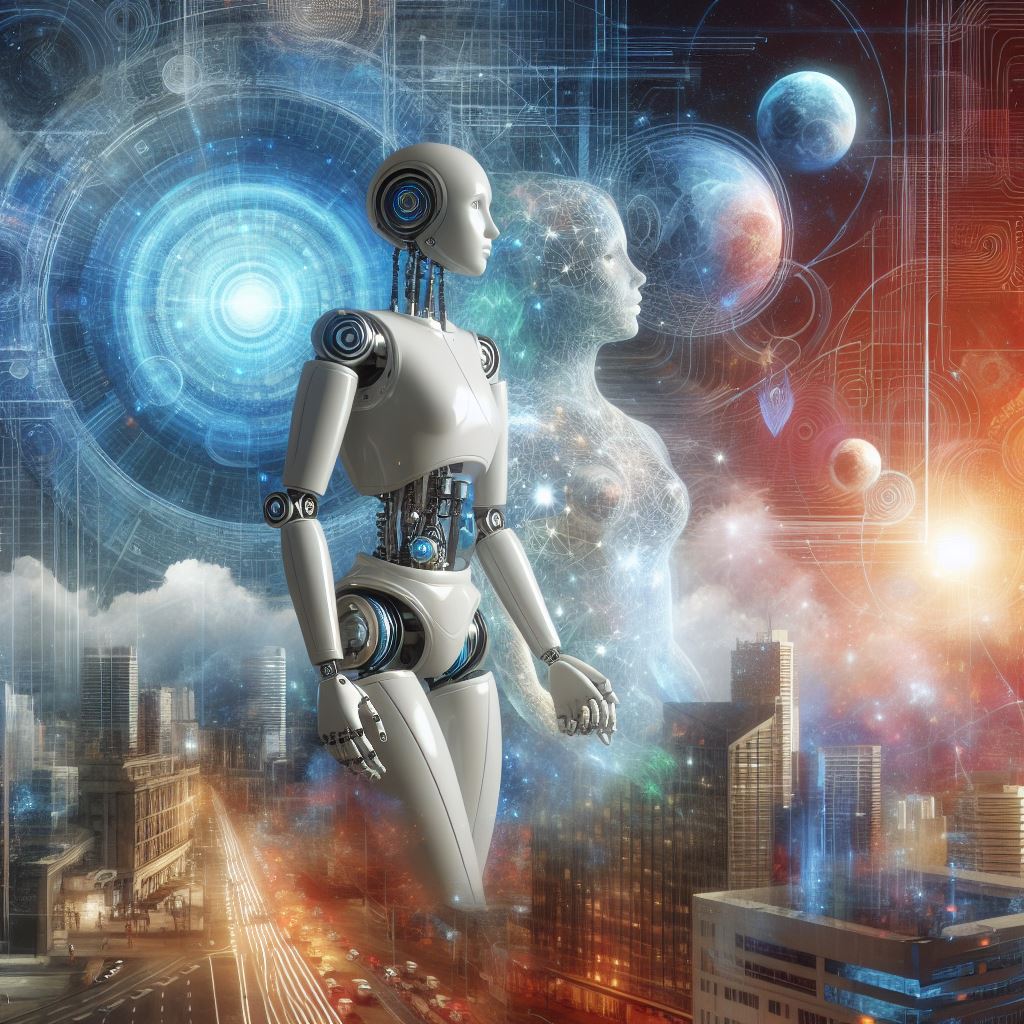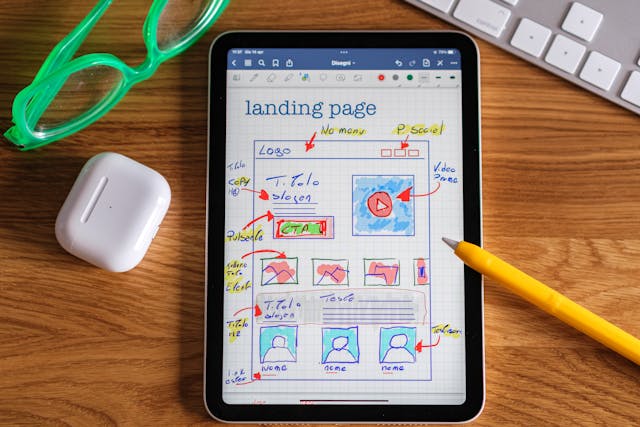
Artificial Intelligence and Humans: Navigating the Possibilities and Challenges
Artificial intelligence (AI) has captured the imagination of researchers, technologists, and the general public alike. The idea of creating intelligent machines that can think, reason, and learn like humans has long been the stuff of science fiction. However, in recent years, AI has made remarkable strides, transforming from a theoretical concept into a powerful technology with far-reaching implications for various sectors, including healthcare, finance, transportation, and beyond.
At its core, AI is the simulation of human intelligence processes by machines, particularly computer systems. These systems are designed to perceive their environment, process data, identify patterns, make decisions, and take actions to achieve specific goals. AI encompasses various subfields, such as machine learning, natural language processing, computer vision, and robotics.
The Potential of AI:
1. Augmenting Human Capabilities: AI has the potential to augment human capabilities by automating repetitive tasks, processing vast amounts of data, and providing valuable insights that can aid in decision-making processes. From medical diagnosis and drug discovery to financial analysis and predictive maintenance, AI can enhance productivity, accuracy, and efficiency across various domains.
2. Personalized Experiences: AI algorithms can analyze vast amounts of data to understand individual preferences, behaviors, and needs. This capability can enable highly personalized experiences in areas such as healthcare, education, entertainment, and customer service, tailoring solutions to meet unique requirements.
3. Advancements in Research and Innovation: AI's ability to process and analyze large datasets, identify patterns, and generate hypotheses can accelerate scientific research and drive innovation in fields like materials science, energy, and astrophysics, leading to breakthroughs that might otherwise be difficult or impossible for humans to achieve alone.
4. Improved Safety and Efficiency: AI-powered systems can monitor complex environments, detect anomalies, and respond in real-time, enhancing safety and efficiency in sectors such as transportation, manufacturing, and infrastructure management.
The Challenges and Concerns:
1. Job Displacement: One of the primary concerns surrounding AI is its potential to displace human workers, particularly in industries where tasks can be automated. While AI may create new job opportunities, there is a risk of significant job losses, especially for roles involving routine and repetitive tasks.
2. Bias and Ethical Considerations: AI systems are trained on data provided by humans, and if that data contains biases or inaccuracies, the AI models can perpetuate and amplify those biases. This raises ethical concerns about fairness, transparency, and accountability in AI decision-making processes.
3. Privacy and Security Risks: As AI systems collect and process vast amounts of data, there are legitimate concerns about privacy, data protection, and the potential for misuse or cyber-attacks on AI systems, which could have far-reaching consequences.
4. Existential Risk: While still a matter of debate, some scientists and philosophers have raised concerns about the potential existential risk posed by advanced AI systems should they become superintelligent and surpass human control or understanding.
Navigating the Future
As AI continues to evolve, it is crucial to strike a balance between harnessing its potential benefits and addressing its challenges and risks. This will require a multidisciplinary approach involving collaboration among researchers, policymakers, ethicists, and the public.
Ethical frameworks and governance models must be developed to ensure AI systems are designed and deployed responsibly, with transparency, accountability, and respect for human rights. Education and reskilling programs will be essential to help workers adapt to the changing job landscape and equip them with the skills needed in an AI-driven world.
Moreover, ongoing research into AI safety, interpretability, and value alignment is crucial to ensuring that AI systems remain aligned with human values and priorities, mitigating potential risks as the technology advances.
Ultimately, the relationship between AI and humans will shape the future of our society. By embracing the opportunities presented by AI while proactively addressing its challenges, we can navigate this technological revolution in a responsible and beneficial manner, leveraging the power of AI to enhance human capabilities and quality of life.






(0) Comment